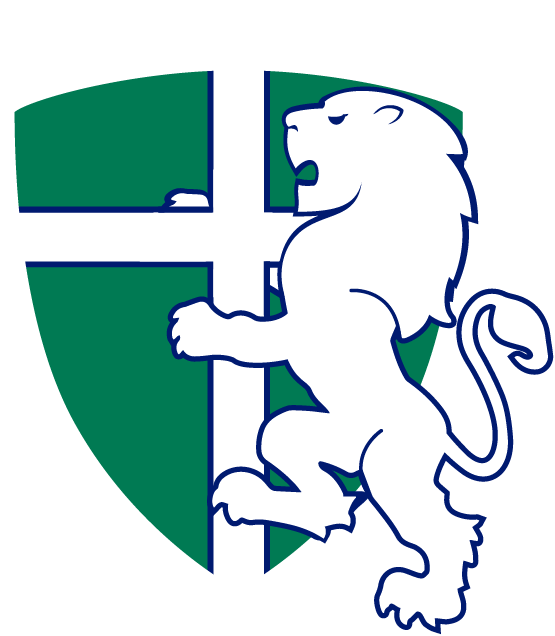Kindy and Pre-Primary
Kindy days will be Monday, Tuesday and Wednesday in 2024.
Kindy children thrive in a play-based environment where they can explore, discover, create and pretend everyday. For example – this week they are taking risks in the construction site, last week they served each other spiced play dough in the Kindy Cafe and next week they might be travelling to an imaginary land in a big boat. Exploring is learning.
In the early years, children need a nurturing environment for their growth and development. As a parent, you need to be confident about the school and the teachers who are shaping your child’s life. At Geraldton Christian College, there is a commitment to ensuring each child has every opportunity for personal development.
An Early Learning Years Handbook provides extra information for families with children in Kindy to Year 2. Families are given a copy at the beginning of each new school year, to assist with the transition in these early years.
Years 1 to 6
We endeavour to provide quality education in all learning areas. Our Primary curriculum seeks to present a biblically authentic worldview. We are currently implementing the four learning areas of the Australian curriculum. These are English, Mathematics, Science and History/Geography. We also offer specialist classes including, Physical Education, Drama and Indonesian (Years 1 to 6). Our curriculum seeks to be of the highest standard and prepares students for the expectations required as they continue their education into secondary years.
The following standardised assessments are used at Geraldton Christian College to inform our teaching practices.
Reading:
- PM Reading Level Assessments (Years 1 to 3) to identify reading levels and monitor progress in fluency and word recognition.
- Progressive Assessment Test (PAT) Reading Assessment (Years 1 to 10) to identify comprehension.
- Star Reader (Years 1 to 10) to identify comprehension reading level to select appropriate reading books.
- Accelerated Reading – online continuous assessment of comprehension skills, and to develop comprehension strategies (Year 3 to 10)
- Guided Group Reading – explicit teaching of reading strategies (Years 1 to 10)
- Novel Study – to develop analytical skills in literacy (Years 6 to 10)
- NAPLAN (Years 3, 5, 7 & 9)
- Primary Indicator Performance Standards (PIPS) Testing (Pre-Primary)
Spelling:
- Sounds-Write (Kindy – Pre-Primary) and Sound Waves Spelling (Year 1 – Year 6) to consolidate phonological awareness, improve spelling and fluency in reading.
- Sound Waves Diagnostic Spelling Assessment (Year 1 – Year 6)
- Year Level Sight Words – to improve the spelling of age appropriate high frequency words.
- NAPLAN (Years 3, 5, 7 & 9)
Mathematics:
- PAT Maths Assessment (Years 1 to 10)
- Brightpaths Maths (Year 1 to 10)
- Oxford Maths Pre and Post Assessments – To inform Guided, Independent and Extended Practice to cater for differentiation. (Years 1 – 6)
- Mathletics Online (Years 1 to 6)
Writing and Grammar:
- NAPLAN (Years 3, 5, 7 & 9)
- Grammar Rules (Years 1 to 6)
- Modelling of Reading Eggs (Years 1 to 10)
- Brightpaths Writing (Year 1 to 10)
Soundwaves Spelling:
- Students across Years 1 – 6 study the same sequence of units over 36 weeks of work. A unit focuses on one or two of the 43 phonemes of Australian English.
Sight Words:
- The students will learn the current Year’s sight words in class.
- Sight words students have not mastered yet will be sent home to practice and consolidate.
Reading Eggs:
- From Years 1 to 6, teachers use this program in the class and it can be set as homework as well. Reading tasks, set by the teacher, should be completed.
- Students can only play games once they have finished the set tasks. This might form part of the homework program from time to time.
Accelerated Reader:
- Students are assessed on the Star Reader assessment and their correct level books are given.
- Students have to read leveled books as part of their homework program. After they have finished a book they will take a quest (an online test). The results will be recorded in the students Reading Log.
- The purpose is to improve comprehension skills. Reading logs must be signed on a daily basis as part of the homework, to monitor student progress.
Mathletics (Years 1 – 6):
- Teachers will set Mathletic tasks for students. Up to 10 tasks may be assigned at a time. The program gives immediate results.
- All of the programs mentioned the above link with the National Curriculum and are designed to improve academic performance and skills.
Individual Education Plan (IEP):
- An IEP is a collaborative plan for students who are working well below grade level, and who are unlikely to achieve at grade level, even with accommodations/ adjustments/differentiation.
- Teachers are responsible for IEPs in their class and receive support from the Inclusive Education Coordinator when writing plans.
- Parents and teachers are required to sign the child’s IEP.
- IEPs are reviewed once a semester.
Curriculum Adjustment Plan (CAP):
- Students on a CAP are being offered accommodations/adjustments to be able to achieve/participate at grade level.
- Examples of adjustments: More time to complete tasks, oral presentation instead of the written task, reduce reading tasks, consider seating plan, etc.
- Inclusive Education Coordinator writes the CAP with some input from the parents and teacher/s.
- Parents are required to sign the child’s CAP.
- CAPs are written and implemented according to individual needs. A teacher or parent can request for a CAP to be revised.
Gifted and Talented Students:
- Teachers are responsible for extension activities in class, as needed. High Ability Student Plans can be provided upon request.
- The Inclusive Education Coordinator is available to provide advice and strategies to teachers.
Learning Support – Pre-Primary to Year 2:
- Based on PM Benchmark reading results, and various phonics tests, students are selected to attend learning support sessions with the Inclusive Education Coordinator.
- In order to improve overall reading and reading fluency, we mainly focus on perceptual development, phonetic awareness, and word recognition strategies.
Recovery Groups – Years 2 to 6:
- Based on our standardised PAT Maths and PAT Reading assessments, students are selected to attend recovery sessions.
- The Inclusive Education Coordinator plans and oversees the programs.
- Students attend these sessions for two periods a week.


